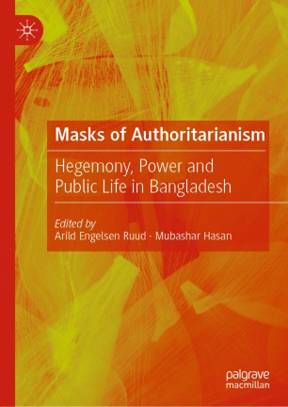
The new book chapter "We Are Alive, but Have No Life": Rohingya Refugees, Deprived of the Prospects for a Future written by Senior Researcher Marte Nilsen, explores some of the everyday strategies of survival that stateless, Rohingya refugees in Bangladesh make use of to navigate under the precarious conditions of being denied rights and recognition.
Based on interviews with key informants in Rohingya civil society movements in the refugee camps across Cox's Bazar's Ukhia District, the chapter examines how the state's restrictions on education and job opportunities are pushing people into desperate situations, leading them to take desperate measures to support themselves and their families. Rohingya refugees are subjected to harsh policies that are often designed to send political signals internally in Bangladesh, rather than solving the real challenges on the ground in the camps, and the chapter warns that the marginalization and repression of refugees may backfire and potentially develop into a security threat for Bangladesh. Furthermore, it suggests that better educational and vocational opportunities and more freedom for refugees could be of benefit to the state and the refugees alike.
The chapter is part of "Mask of Authoritarianism", edited by Arild Engelsen Ruud and Mubashar Hasan and published by Palgrave MacMillan.





